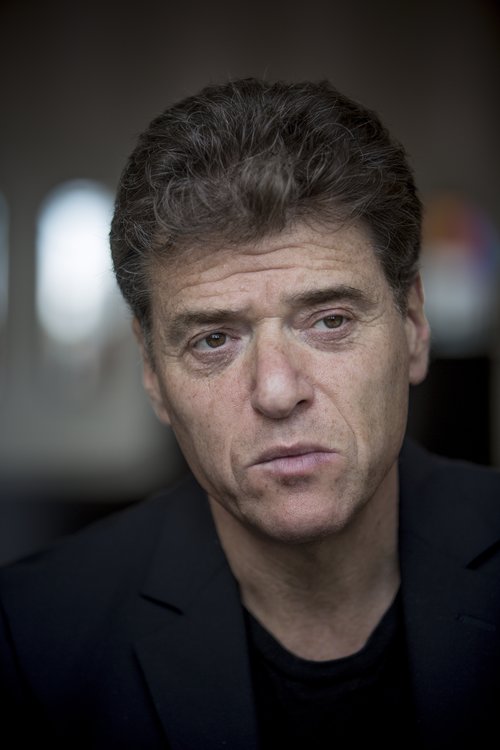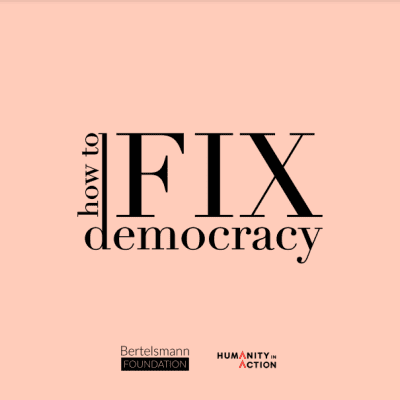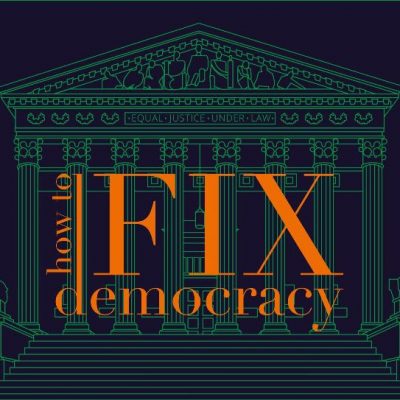Details
Article
Since its origins, democracy has been a work in progress. Today, many question its resilience. The Bertelsmann Foundation, Institute for Canadian Citizenship, and Humanity in Action have teamed up with Andrew Keen, author of How to Fix the Future, for How to Fix Democracy: a video and podcast series exploring practical responses to the threats facing democracies around the world. Host Andrew Keen interviews prominent thinkers, writers, politicians, technologists, and business leaders who enlighten and challenge us as we seek the answers to How to Fix Democracy.
How to Fix Democracy Season 5 covers 100 years of American democracy between 1924 and 2024. The season uncovers the complexities of U.S. history and asks our distinguished guests why it remains the most iconic and yet misunderstood democratic system in the world. This season is brought to you by the Bertelsmann Foundation and Humanity in Action.
In the fourth episode of this season, author and historian Derek Leebaert provides a revisionist account of President Franklin Roosevelt and four members of his Cabinet. According to Leebaert, the 1920s were beset by economic distress and labor unrest that culminated in the Great Depression. Supported by Frances Perkins, Harold Ickes, Henry Wallace and Harry Hopkins, the Roosevelt presidency provided new solutions to much of America’s endemic vulnerability, inequality, and instability. Leebaert describes the President as a deeply complex leader—a man of steely ambitions—who worked with the four Cabinet officials to escape the Depression and prepare the United States for world leadership. (listen | watch)
Derek Leebaert won the biennial 2020 Truman Book Award for “Grand Improvisation“. His previous books include Magic and Mayhem: The Delusions of American Foreign Policy from Korea to Afghanistan and To Dare and to Conquer: Special Operations and the Destiny of Nations, both Washington Post Best Books of the Year. He was a founding editor of the Harvard/MIT journal International Security and is a cofounder of the National Museum of the U.S. Army. He holds a D.Phil from Oxford and lives in Washington, D.C.
This series is made possible with the kind support of the William H. Donner Foundation. Find more episodes here.





